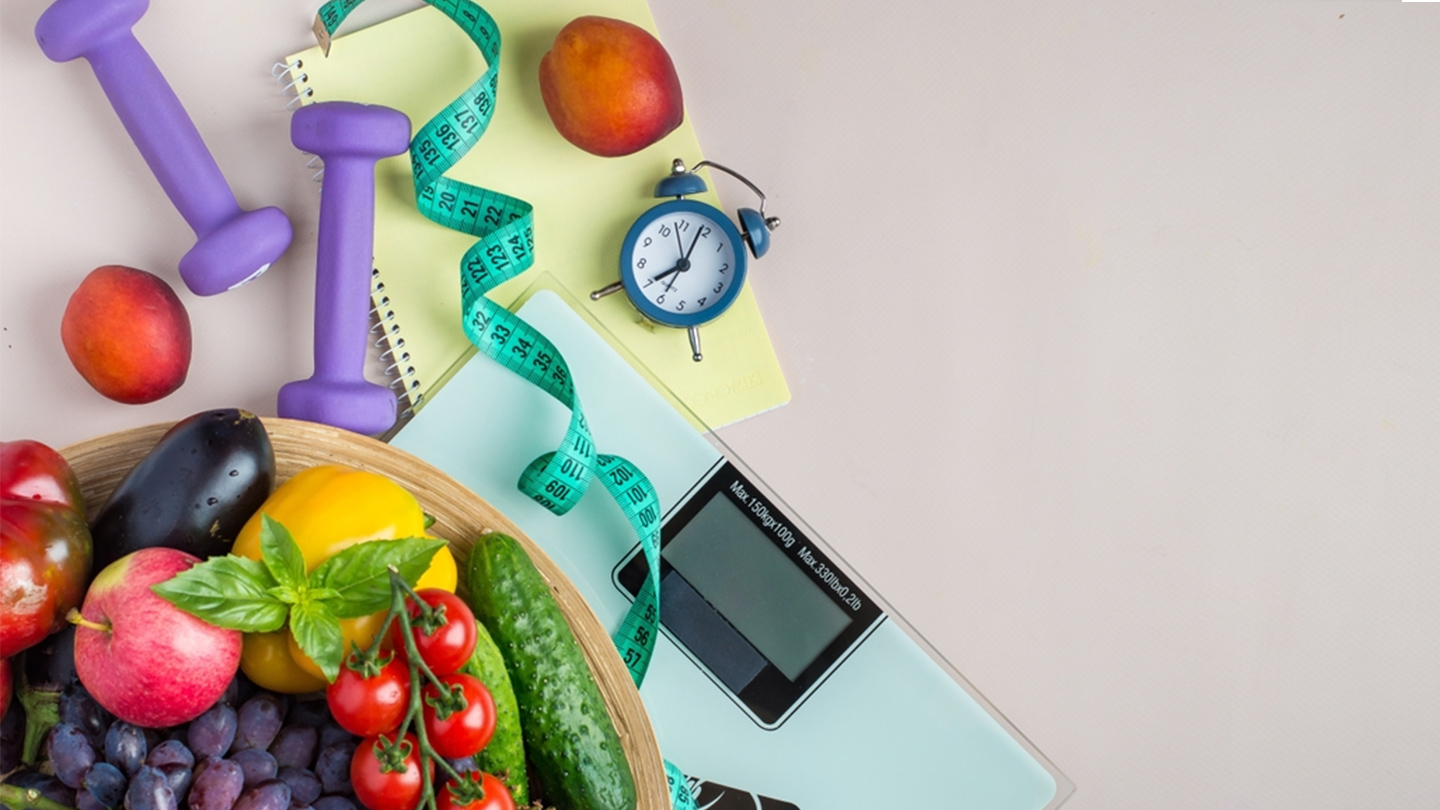Movement
Mix Up Your Workout Routine With Martial Arts
If you are looking for a change in your fitness routine, martial arts might be the answer. With both physical and mental benefits, incorporating a martial art form into your workout could do wonders for your overall wellness. Here’s why.

With the body positivity and body neutrality movements gaining more and more traction every day, the way in which we view and treat our body is changing. There is growing awareness about the dangers of toxic diet culture. When it comes to exercise, there is a gradual shift from moulding oneself to unrealistic and harmful beauty standards towards wellness, with more focus on fitness and health than looking a certain way. Fitness has gained a perspective of holistic self-care. Working out is about building strength, improving agility, and channeling one’s mental energy, and with this, more and more people are looking for fitness routines outside the traditional boundaries of a gym.
The success of action movies has ensured the relevance of martial arts in popular culture. There are many different forms of martial arts which have historical roots in different cultures across the globe over time. In the popular consciousness of current times, they have emerged as an alternative to conventional workouts. With many benefits, both physical and emotional, celebrities such as supermodel Adriana Lima and singer Demi Lovato have incorporated martial arts into their fitness routines.
Benefits Of Martial Arts
Better Conditioning
Martial arts build your muscles and therefore your strength, conditioning your body. The intensity of martial arts as aerobic exercise also increases blood circulation and promotes heart health. A 2017 review published in the Journal of Sports Sciences suggests that practitioners of “hard” martial art techniques (using body contact methods) had better skeletal density, muscular strength, balance, and cardiovascular fitness.
Improved Balance and Posture
Practising martial arts improves balance through the development of control over your own body through different stances. A study published in Societies shows that martial arts such as Taekwondo and Karate show benefits when it comes to balance and posture in older adults. Martial arts also improve flexibility by developing your coordination skills and increase stamina through endurance.
Sharper Focus and A Calmer Mind
Martial arts can also benefit your emotional and mental well-being. Exercise has long been linked with mental health, and the cultivation of a martial art form as a discipline develops mindfulness and focus. An article published in Psychology in the Schools indicates that participation in martial arts may lower aggression in elementary school children, and other studies have corroborated similar results. A study in The Journal of sports medicine and physical fitness showed that people involved with martial arts did better on tests of attention and creativity, and had higher levels of self-esteem. Another study in 2019 that was published in the International Journal of Environmental Research and Public Health presents that Taekwondo may influence attention in adolescents with ADHD, while a study in Frontiers in Psychology suggested that Karate may improve the emotional well-being in elderly people.
Some Popular Martial Art Forms
- Kalaripayattu: Originating in Kerala, this martial art combines elements of combat, yoga, Ayurveda, and dance, and involves both weapon-related and barehanded methods. Involving the knowledge of the pressure points of the human body, it is a training in agility, strength, and focus, and promotes both physical and mental development.
- Taekwondo: An Olympic sport, this Korean martial art involves the use of kicking and punching techniques for physical defense, and emphasises on speed. It also incorporates the cultivation of mental discipline.
- Karate: One of the most popular martial arts, this Japanese form focuses on self-development. It has both physical and psychological aspects, encouraging perseverance and exercise.
- Tai Chi: This Chinese form is predominantly non-combative, and focuses on internal power. It includes meditation and coordination, helping you connect with your inner self. A low-impact exercise involving gentle movements and stretching, Tai Chi can help to alleviate stress and anxiety, and improve your mood.
- Muay Thai: Known as the “art of eight limbs”, Muay Thai is a Thai form of martial arts that uses eight points of contact—fists, elbows, knees and shins, developing the whole body as a weapon of combat. It incorporates kickboxing, and has connections to the Indian Musti-yuddha or “fist combat”.
- Capoeira: This martial art combines the movement of dance and rhythm of music with acrobatics, and was originally practised by enslaved African people in Brazil. It utilises flowing movements for defence and attack.
EXPLORE MORE
Health isn’t built in a day, it’s shaped by the choices we make every morning, afternoon and evening. From how you move and eat to how well you sleep and stay on top of check-ups, small everyday choices today can quietly reduce your risk of illness tomorrow.
Well-being isn’t a product you purchase; it’s the result of everyday conditions, many of which don’t require money.
Sustainable wellness isn’t about checkpoints and incentives, it’s about systemic design that honours human experience, integrates culture, and fosters strategic, long-term well-being.
Instead of chasing long workouts, micro-movement shifts the focus from “Did I work out today?” to “Did I move often enough today?”







.jpeg)

.jpg)
